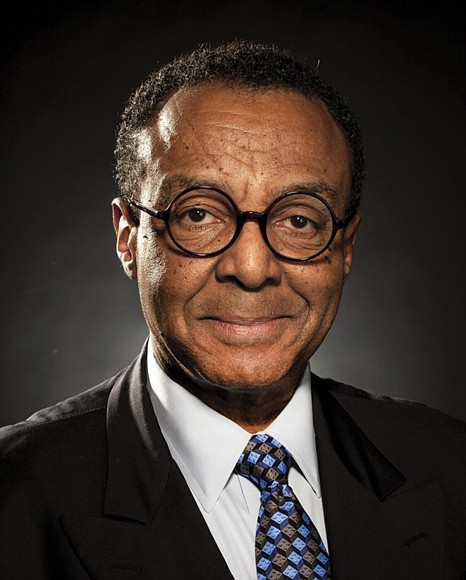Loss of support from Republican evangelicals suits MAGA crowd just fine, by Clarence Page
4/25/2024, 6 p.m.
Black voters traditionally have been pivotal to the fortunes of the Democratic Party, but some recent polls have suggested that they are proving less bankable for President Biden than in the past. Whether or not as many as 20% of Black voters have in fact deserted the Democrats, as some recent polls suggest, is a contested matter. But it’s probably fair to say that Democrats currently are in more of a defensive than a growth mode with that portion of the electorate.
But what of Donald Trump and evangelicals? Does the same apply?
Historically, what we used to know as the evangelical bloc has meant a lot to the GOP base, much like Black voters have been crucial to the Democratic base.
But both of these truisms are looking less reliable this time around as we see churchgoing declining in America and more factions developing within a previously homogenous bloc.
Abortion politics comes into play here too, and Mr. Trump’s stance on the issue not only has been near impossible to pin down, but also has appeared to many evangelicals to be a matter of political expediency, not sincere moral conviction.
That said, it’s also true that the idea of a single evangelical point of view is looking increasingly dated as cultural and political earthquakes have erupted inside the church just as they have within our current presidential race. Clearly, some of former President Trump’s statements in recent months have driven a wedge between his campaign and religious voters, particularly those all-important evangelicals.
In April, for example, he said he believed abortion should be regulated at the state level, with very little interference from the federal government. His statements were met with strong backlash from the very same anti-abortion rights groups that had celebrated his appointment of the Supreme Court justices who helped write the landmark decision to overturn the Roe v. Wade ruling.
Mr. Trump’s head-spinning logic was impossible to follow.
He took credit for the decision the three Trump-appointed justices helped make, but he then appeared to turn against its consequences, saying the states should make their own decisions about regulating abortion.
Mr. Trump’s new position infuriated the Susan B. Anthony Pro-Life America organization, which favors a federal ban on abortion nationwide and condemned Mr. Trump’s comments as a “morally indefensible position for a self-proclaimed pro-life presidential candidate.”
That should hardly have come as a surprise.
The issue now for Republicans, and Mr. Trump, is whether it will matter. And there’s a growing sense within Mr. Trump’s presidential campaign that he actually can afford some erosion of the traditional Republican support coming from evangelicals.
That’s because Mr. Trump’s most impactful base of support in the 2016 primary contest came from a rising group in the GOP whose impact has been largely unnoticed: Republicans who are thoroughly disinterested in churches, synagogues or other places of worship.
It’s reasonable to assume that in 2024, the number of church-going Republicans has declined even further. Significantly so. And thus, they matter less to the ever-expedient Mr. Trump’s campaign for president.
Dozens of books and other media have been produced to try to explain the unexpected bond between white evangelical Christians and Mr. Trump’s populist MAGA movement. Or so everyone has been thinking.
But it might well be that they are missing the bigger point.
There simply are fewer Republican evangelicals these days, and the MAGA crowd now is better able to get along just fine without them.
The writer is a columnist for The Chicago Tribune.







